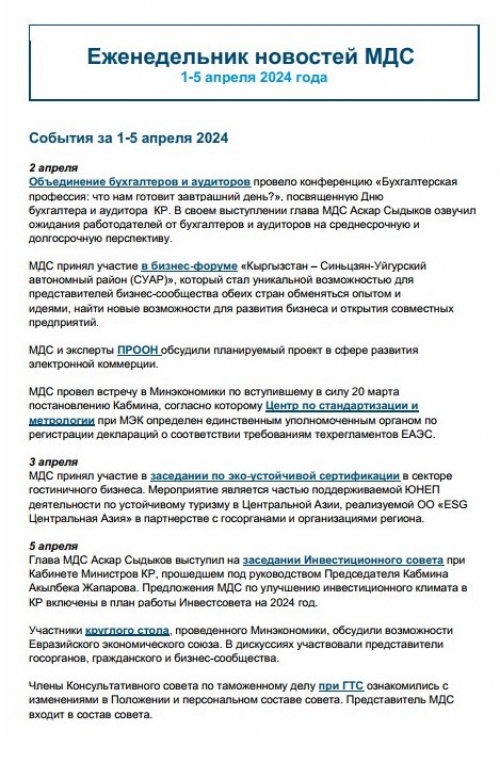About /
Our projects /
Strengthening Business Intermediary Organizations (BIOs) for Sustainable Economic Development in Kyrgyzstan and Central Asia (2012)
The main European project counterpart of the IBC is the European Center for Eco and Agro Tourism (ECEAT) with headquarters in Amsterdam. The local project partners are the Kyrgyz Association of Tour Operators (KATO) and the Kyrgyz Community Based Tourism Association (KCBTA). The project duration is 2011 – 2012.
Main results: Establishment of the Public Fund “Tourism Promotion and Development Board of Kyrgyzstan”: The organization unites nine main tourism business intermediary organizations in Kyrgyzstan from three oblasts. This body is the umbrella association that serves as a platform that supports the identification of priority issues in the respective economic sphere and thus facilitates a smoother and productive public private dialogue. Activities on destination marketing: IBC worked closely with the Interdepartmental Commission on Tourism, Ministry of Economy and Ministry of Culture and Tourism in order to develop the official tourism logo and slogan. To this end by the decree of the Ministry of Economy a commission consisting of representatives of respective state agencies, NGO and business associations voted on a logo and a slogan among more than 90 logos submitted in the course of two competitions. The project team facilitated and financed the given activity. Moreover, an official tourism website was created and passed on to the Ministry of Culture and Tourism. The approved logo and slogan and the official website were further passed on to the Ministry of Culture and Tourism and the National Public Fund “Tourism Promotion and Development Board of Kyrgyzstan Central Asian Tourism Association (CATA) is a non-profit-making association, the main goal of which is to provide research into legal, economic or technical matters in relation to travel and tourism, and more particularly those that are likely to provide a better service to the consumer. CATA was established in March 2012, as a result of numerous meetings held in the frame of the given project.
The project was implemented in 2012 with support of the European Commission.























